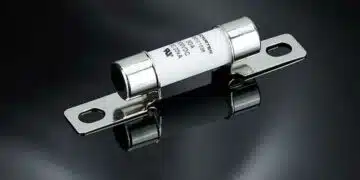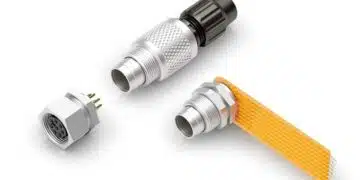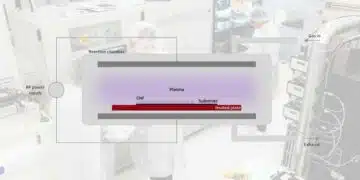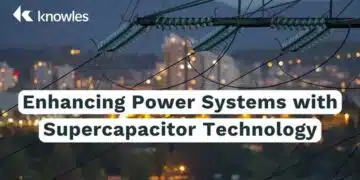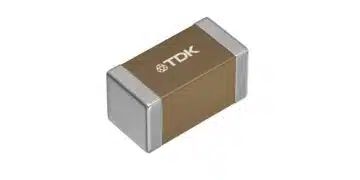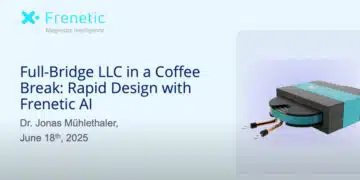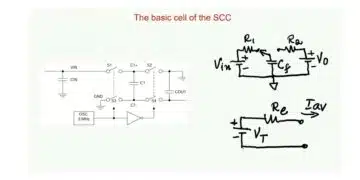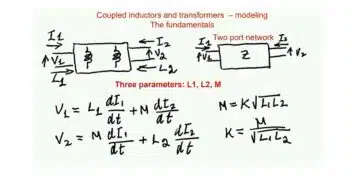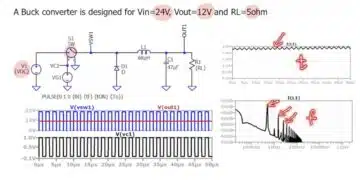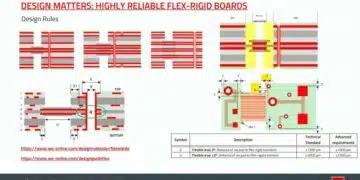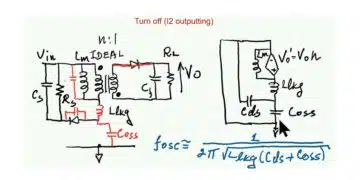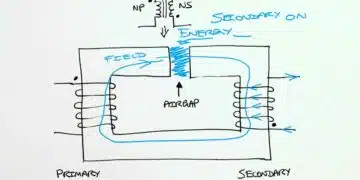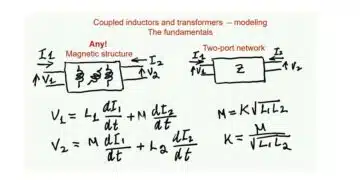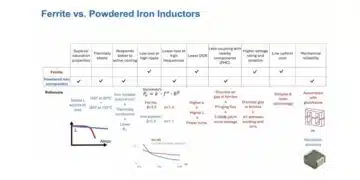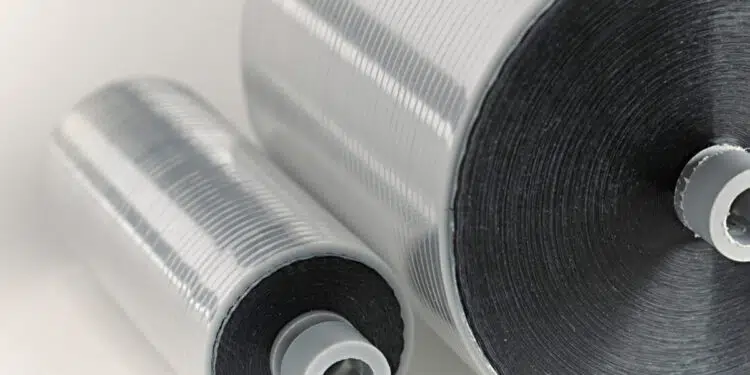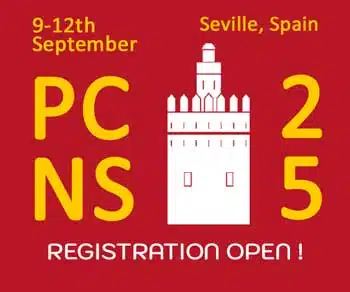Borealis, a leading provider of innovative polyolefins solutions; and TOPAS Advanced Polymers, the leading producer and marketer of cyclic olefin copolymers (COC), have started collaboration on the development of a new class of engineering materials for capacitor film applications that will bridge the current performance gap between standard polymers and high-end plastics.
By enabling significantly higher film capacitor temperature resistance at lower cost, this new material will be a step change in power transformation and transmission: it will make traction inverters for electric mobility more energy efficient at higher temperatures; and it will allow inverters to more efficiently transform power from renewable sources like wind or solar. Once commercially available, the first applications of this cost and energy-efficient material class will be in traction inverters for electric mobility and inverters for solar and wind. It has the potential to accelerate the green-energy transition towards renewables and contribute to achieving the greater goals of the European Green Deal.
Borealis and TOPAS Advanced Polymers are drawing on their respective expertise and track record of excellence to develop a new class of engineering material for thin, highly heat-resistant capacitor film applications. The EPN (ethylene-propylene-norbornene) material now in development will increase the temperature resistance of film capacitors significantly – by 20°C to 35°C – in comparison to capacitors made of standard polymers. This will close the current gap between conventional polymers and costly high temperature plastics by enabling the use of polymeric film capacitors at endurance temperatures of up to 140°C. Combining the highest electrical purity with superior homogeneity, the new material should be designed for the production of ultra-thin and highly consistent films in the range of 2 to 6 microns gauge. Provided the appropriate processing parameters are in place, the new material is targeted to be suitable for use on BOPP (biaxially oriented polypropylene) film processing machines.
Higher-performance film capacitors are a crucial element in all power transformation systems that bring about the green-energy transition in a cost-efficient way. The new material class now being jointly developed by Borealis and TOPAS Advanced Polymers will be used in electric mobility units, particularly when higher endurance temperature resistance and consistent frequency control is essential, such as in electric vehicles and high-speed trains. It will also help address one of the major challenges of the green-energy transition by enabling the large-scale provision of more cost and energy-efficient capacitors for inverters that transform HVDC power generated from renewable sources on and offshore, such as from windfarms or photovoltaic arrays, into HVAC and back – with minimal energy loss.
“For conventional energy to be replaced by power from renewable sources, energy transformation and transmission must become more efficient and affordable. Meeting this challenge is the goal of our co-operation with TOPAS Advanced Polymers,” says Anton Wolfsberger, Director Strategic Polyolefins Business Projects at Borealis. “In the near future, this step-change material class will benefit both the power industry value chain as well as end consumers. We are proud to be working with TOPAS to enable green energy at a greater scale and to contribute to achieving the European Green Deal’s ambitious energy aims.”
“It is exciting to develop a solution that will become a cornerstone for the transition of the energy supply system. We had been intrigued by the potential, which we plan to tap by joining forces with BOREALIS’ deep material expertise in polyolefins and specific market know-how. When we started this development it became obvious rather quickly, that this collaboration is the perfect match to deliver the best product with exceptional performance for this demanding application,” commented Keisuke Goto, GM Corporate Strategy Polyplastics CO., Ltd as the main shareholder of TOPAS business.


